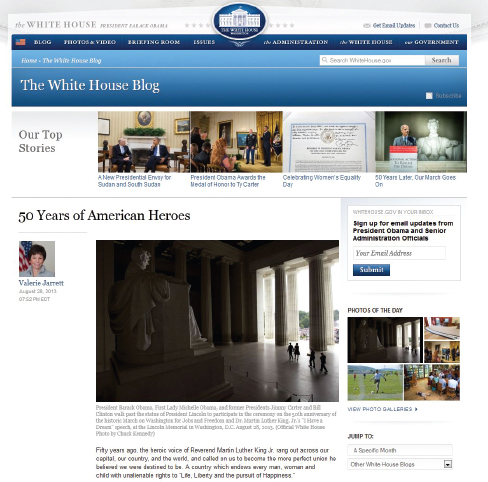Tech Tip: Research Wisely
TECH TIP RESEARCH WISELY

Don’t assume that any information you find on the Internet is accurate or unbiased. Thanks to the First Amendment, people can publish whatever they want online. It’s up to you to filter out what’s valuable, objective, and up-to-date.
1 THE PROBLEM
You’re not sure how to evaluate the types of information found on the Web.
2 THE FIX
Get some context.
3 HOW TO DO IT
Portals: One-stop shops that serve up a full range of cyber services. Expect to find search engines; news, weather, and news updates; stock quotes; reference tools; and even movie reviews. (Bonus: Most services are free.) Prime examples: Google.com and Yahoo.com.
News: Sites that offer news and analysis of current events, politics, business trends, sports, entertainment, and so on. They’re often sponsored by magazines, newspapers, and radio stations and include special online extras. Prime examples: NYTimes.com, Harvard Business Review (hbr.org), and CNN.com.
Corporate and marketing: Promotional sites for businesses. Some company Web sites let you order their products or services online; others even list job openings. Prime examples: Ford.com and BenJerry.com.
Informational: Fact-based sites, often created by government agencies. Click to these sites for information on everything from passports to city bus schedules to census data. Prime examples: NYCsubway.org and Travel.State.gov.
Blogs: Web sites where people can air their views and opinions. Some businesses create blogs to connect with their customers; other blogs are strictly personal, designed to share with family and friends. Prime examples: Gawker.com and http://thelawsonspilltheirguts.blogspot.com/. Consider the goals for the White House blog shown here. What would you expect to find at this blog?
Wikis: Informational Web sites that allow for open editing by registered users or in some cases by the general public. Prime examples: Wikipedia.com and TechCrunch.com.
Keep in mind that there’s a big difference between the Journal of the American Medical Association and a journal written by Fred from Pomona. And no, you can’t use an ad for Shake Weight as a source for a fitness article: It’s an ad. Be discerning. Use your critical-thinking skills. To make sure that the research you use is unbiased and current, look for tip-offs. Most reputable Web sites are easy to navigate, contain little advertising, and list author names and credentials. In Chapter 10 you will read more about electronic sources and research.
PERSONAL BEST
Should you trust the information on a wiki? Possibly. One of the best things about the Internet is that people can be both consumers and creators of content. You have the power to publish your thoughts, creative writing, or artwork. On the flip side—so can everyone else. Using wikis, like Wikipedia, is tricky because the author of the source is almost impossible to identify. Find out about your instructors’ rules about Wikipedia and follow them. Your library will have many professor-friendly alternatives.